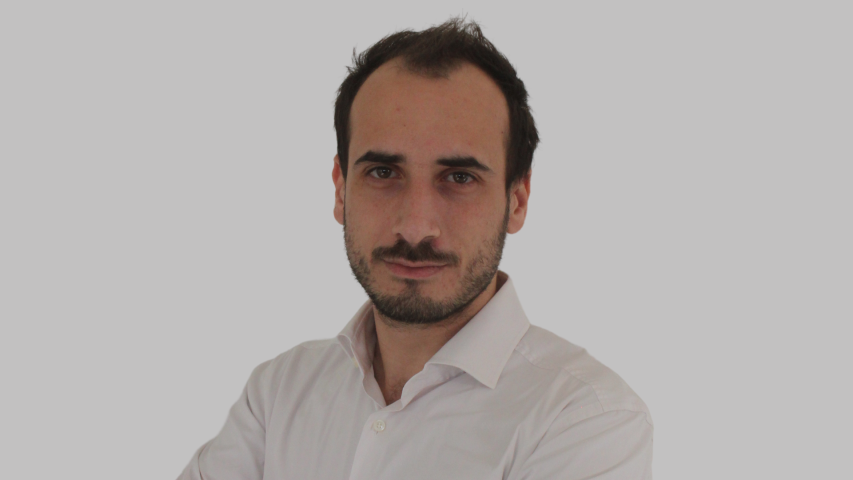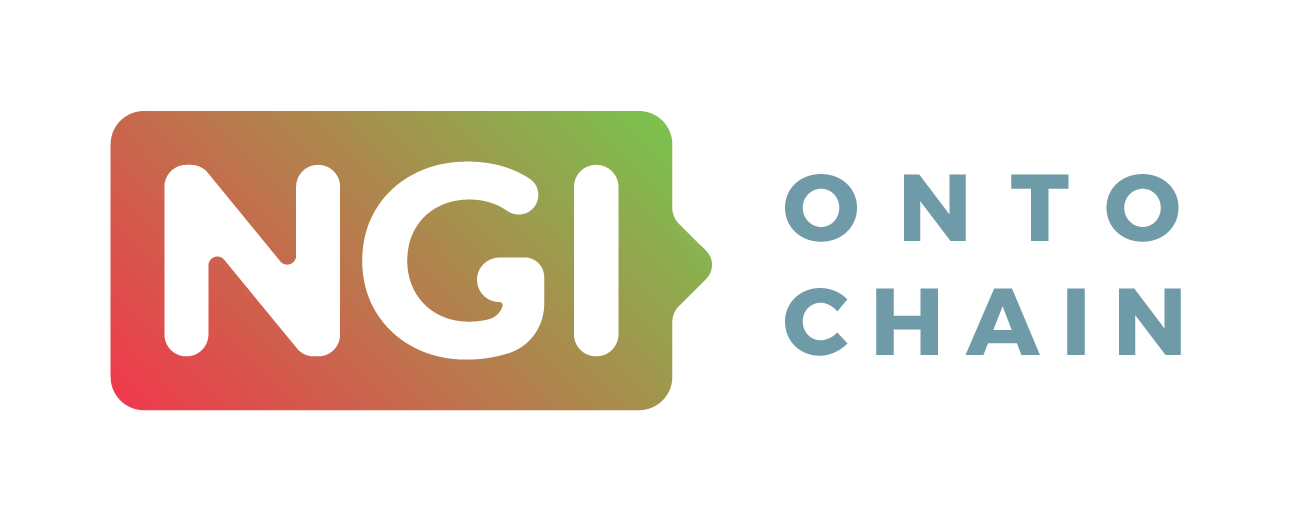In the context of decentralized smart grids, ecOS project team identified a need: platforms to manage and optimize micro-grids, as well as to manage economic exchanges. And they saw in blockchain technology a secure and automated solution for the challenge.
Learn all about it in this interview with team member Lorenzo Di Berardino, CEO and Co-Founder of APIO.

Can you briefly present us your team?
Apio is an innovative SME that is dedicated to leading a transparent and digital energy transition through cutting-edge technologies. The team at Apio consists of 14 highly skilled software developers, engineers, and energy market experts who have been working with leading energy companies since 2014 to introduce and implement innovative technologies such as blockchain, the internet of things, and artificial intelligence in the energy sector.
Our ambition is to contribute to the development of a smart grid that is fully connected, where prosumers can interact in the energy market and play an active role in the transition towards a more sustainable and decentralized energy system.
In simple words, what is your project about and how does it contribute to the ONTOCHAIN software ecosystem?
The ecOS project aims to contribute to the ONTOCHAIN software ecosystem from both technical and scientific perspectives, as well as through dissemination efforts. We believe that by adding value to the ONTOCHAIN project in these different ways, we can make a meaningful impact.
On the technical side, our goal is to contribute to the ONTOCHAIN Architecture by working on Interoperability modules, protocols, and Distributed Ledger components. Our objective is to integrate these components and modules and use them in the Energy Community use case.
From a scientific perspective, we aim to share knowledge and expertise on the ONTOCHAIN project with our partners. Apio has been working with the ENEA Research Center since 2015, and we will create a stream for sharing knowledge and expertise on ONTOCHAIN modules, components, and protocols.
Finally, through the ecOS project and the pilot that we will demonstrate, we have a unique opportunity to discuss transparency, trust and democracy, in a community around energy. Our dissemination efforts will focus on these important topics.
How did you come up with this project idea and what benefits will it bring to the end users?
Over the past 20 years, the model of energy production and distribution has shifted from centralization to a hybrid model with smaller and more distributed sources. Now, the model is moving towards a fully decentralized smart grid. The European Union has accelerated this process through directives enabling peer-to-peer energy exchange and introducing the concept of virtual aggregation. With this new model, end-users become prosumers and need platforms to manage and optimize micro-grids, as well as to manage economic exchanges. Blockchain technology provides a secure and automated way to verify transactions and regulate agreements.
In what way is ONTOCHAIN contributing to your own ambitions?
Apio has been working on energy flow management since 2016 and has registered a patent on an electrical measurement device that can authenticate on any blockchain network. Blockchain and the Internet of Things enable a real digitization and enhancement of relations between users, and energy tokens can remunerate energy exchanges.
The ONTOCHAIN network will help to complete the work towards a holistic Energy Community management system and create a Native App for monitoring network parameters, improving energy awareness, establishing self-sovereign identity, and creating a token economy.
How do you assess the experience of working with other ONTOCHAIN teams?
We are integrating in our project (at the moment) only a subset of the other ONTOCHAIN projects, but we aim to evaluate other projects and ONTOCHAIN components. We want to explore synergies on Wallet and Self Sovreign Identity that beyond the specific sector are the foundation of a new kind of decentralized identities.
What are your expectations regarding the ONTOCHAIN software ecosystem and its contribution to the NGI priority areas?
In the NGI priority areas, we primarily focus on decentralization and trust. Our expectation for the ONTOCHAIN software ecosystem is to establish an interoperable Self-Sovereign Identity and Wallet. This will serve as the foundation for a more secure and transparent digital ecosystem. Prioritizing the development of these key components will empower individuals with greater control over their personal data and online identities. We hope that the ONTOCHAIN community can create tools that facilitate this.
Moreover, we believe that this technology will pave the way for new and innovative use cases across a wide range of industries, including the energy market. We are committed to advancing the state of the art in decentralized technology and promoting a more open and user-centric energy market for all.

 This project has received funding from the European Union’s Horizon 2020 research and innovation programme under grant agreement No 957338
This project has received funding from the European Union’s Horizon 2020 research and innovation programme under grant agreement No 957338




